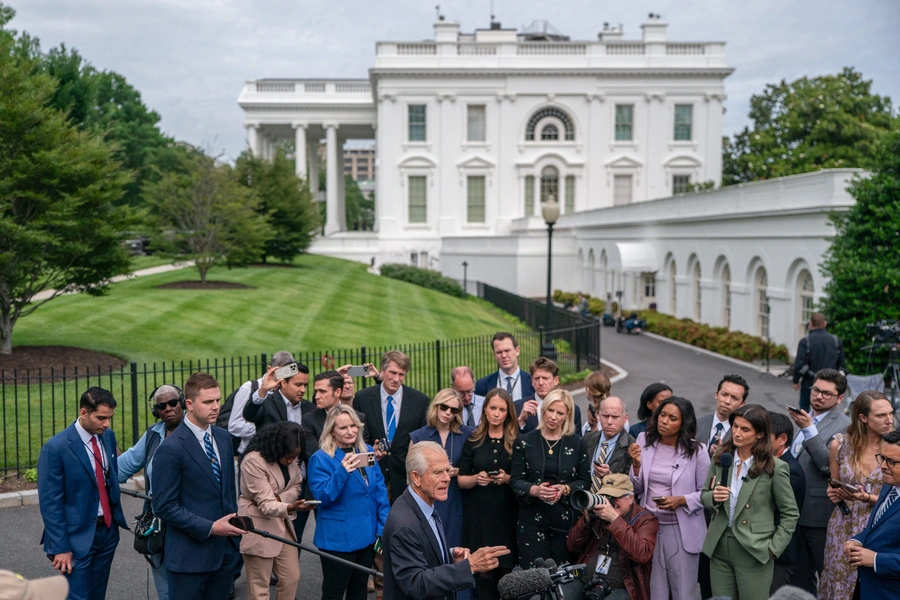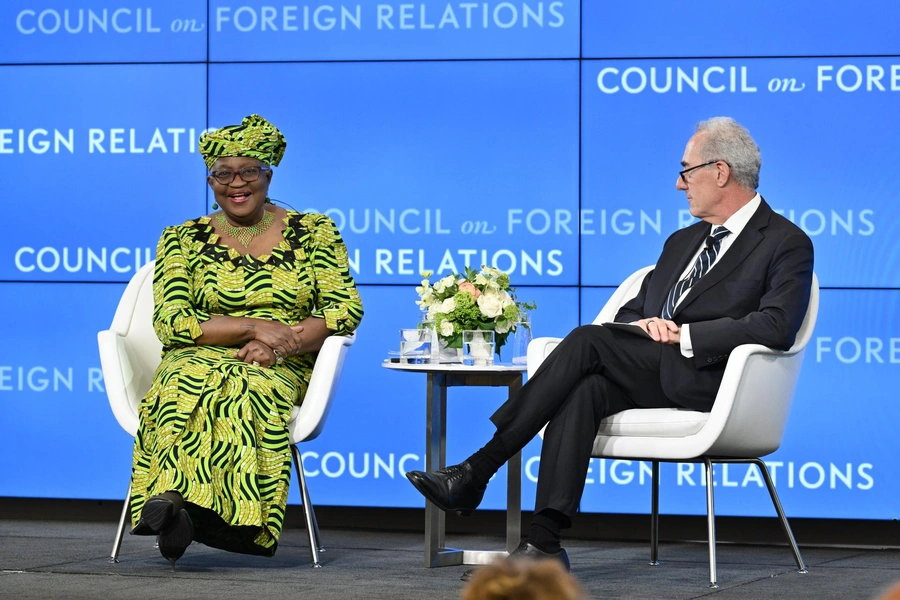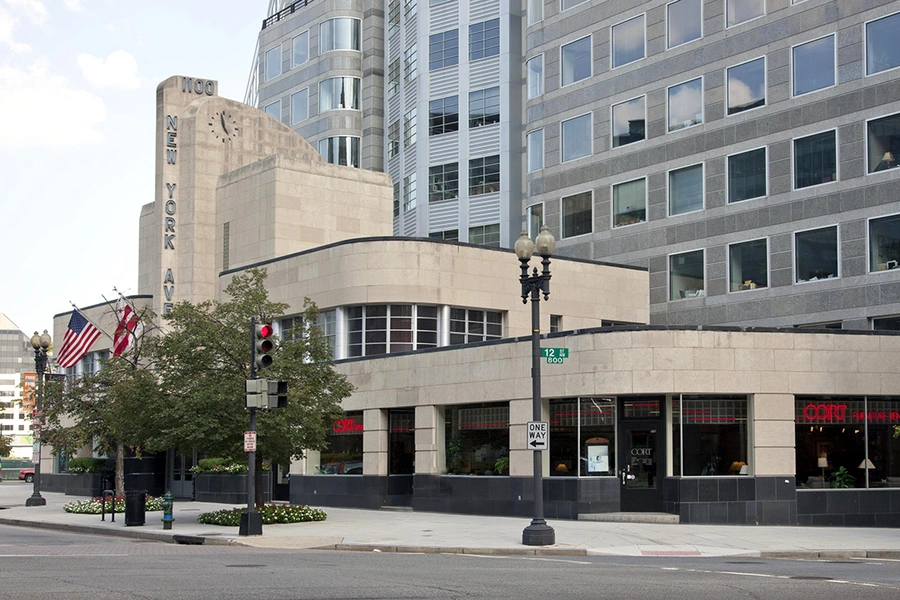
All Rise for Trade Court
The Court of International Trade’s ruling on Donald Trump’s tariffs is the most consequential potential setback for the president’s trade agenda to date. CFR experts weigh in.

Trade Offs

Despite recent trade deals with China and the UK, U.S. companies and consumers will face significant tariffs, compliance costs, and uncertainty without a more significant pivot from the Trump administration.
Featured Analysis From RealEcon
Exploring three key areas of international economic policy: trade and investment, development, and economic security, i.e., technology controls, supply-chain-resilience measures, and other policies to reduce risk to the economy or national security
Trade and Investment
Development

A Conversation with Ngozi Okonjo-Iweala
Event with Ngozi Okonjo-Iweala and Michael Froman

Reauthorizing DFC: A Primer for Policymakers
Article by William Henagan

A Question of Freedom
Article by Ebenezer Obadare
Economic Security
-
Trade and tariffs are a central part of President Donald Trump’s international economic policy. Stay up to date with the Council on Foreign Relation’s calendar of significant trade-related events.
-
How should Europe respond to the threat of 50 percent tariffs?
-
Editor's note: This article was originally published on May 22, 2025 and does not reflect developments post May 22. When Indian Prime Minister Narendra Modi met U.S. President Donald J. Trump at …
-
Despite recent trade deals with China and the UK, U.S. companies and consumers will face significant tariffs, compliance costs, and uncertainty without a more significant pivot from the Trump administration.
-
The Trump administration’s upending of trade norms could help usher in a new economic order—but only if done right.
-
China's trade surplus is rising. China's reported current account surplus is rising even faster.
-
Greenberg Center for Geoeconomic Studies
Recent decades have witnessed massive growth in ongoing declarations under the International Emergency Economic Powers Act. IEEPA has allowed the president to arrogate dangerously excessive powers over the U.S. economy. -
Tariffs were supposed to push the dollar up. What happened?
-
Place-based innovation policy that harnesses talent in left-behind regions and communities could allow the United States to bolster its economic and national security goals at the same time.
-
The last time China’s export engine sputtered, Xi reversed policy...
-
The United States is living through the most intense period of geopolitical competition since the end of the Cold War, and its strategic rivals—China, Iran, and Russia—have expressed a shared desire …
-
Derisking supply chains will take years, but U.S. trade negotiators can set the table for success by strengthening enforcement, mobilizing investment, and lowering barriers.
 Online Store
Online Store





















